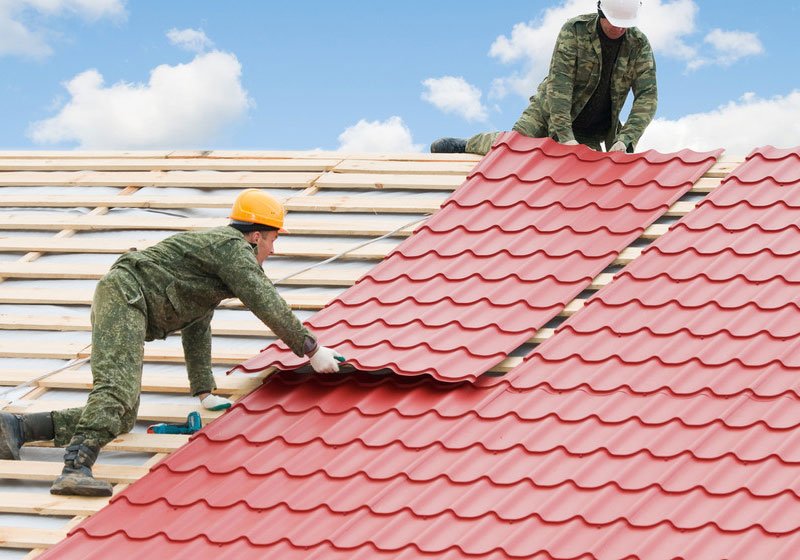As a homeowner, it’s important to maintain the health of your roof to protect your home and family. Inspections are a crucial part of preventative maintenance, but how often should you have your roof inspected?
In this blog, we’ll dive into the factors that can influence the frequency of your roof inspections.
1. Age of Your Roof
The age of your roof is one of the most important factors in determining how often you should have it inspected. If your roof is new, it’s recommended to have it inspected once a year. On the other hand, if your roof is older than 10 years, it should be inspected twice a year or after any significant weather events.
2. Climate Conditions
Climate conditions play a significant role in the wear and tear of your roof. If you live in an area that’s prone to harsh winters or hot summers, your roof will likely need more inspections to identify and repair any damage. Similarly, if your area experiences frequent hail or windstorms, you may need more frequent inspections to ensure your roof is in good condition.
3. Type of Roofing
Different roofing materials require different maintenance schedules. For example, asphalt shingles typically last 15-20 years and should be inspected every other year. Metal roofs can last up to 50 years and require inspections every 3-5 years. Clay or tile roofs can last more than 50 years and should be inspected every 5-7 years.
4. Signs of Damage
Another key factor in determining the frequency of your roof inspections is signs of damage or wear and tear. If you notice shingles are missing, cracked or curled, your roof is likely due for an inspection. Other signs include leaks, water damage or stains on your ceilings, mold or moss growth, or excessive shingle granules in gutters or downspouts.
5. Regular Maintenance
Regular maintenance can significantly reduce the need for frequent inspections. Keeping your gutters clean and free of clogs, trimming overhanging branches, and ensuring proper attic ventilation are all preventative steps you can take to prolong the life of your roof.
Conclusion:
In conclusion, there are many factors that influence how often you should have your roof inspected. By considering the age of your roof, climate conditions, type of roofing, signs of damage, and regular maintenance, you can develop a schedule that ensures your roof is in good condition and protects your home and family. Remember, preventative measures and regular inspections can save you thousands of dollars in costly repairs and replacements down the line.
Visit at :- https://www.smartchoiceroofrestorations.com.au/

